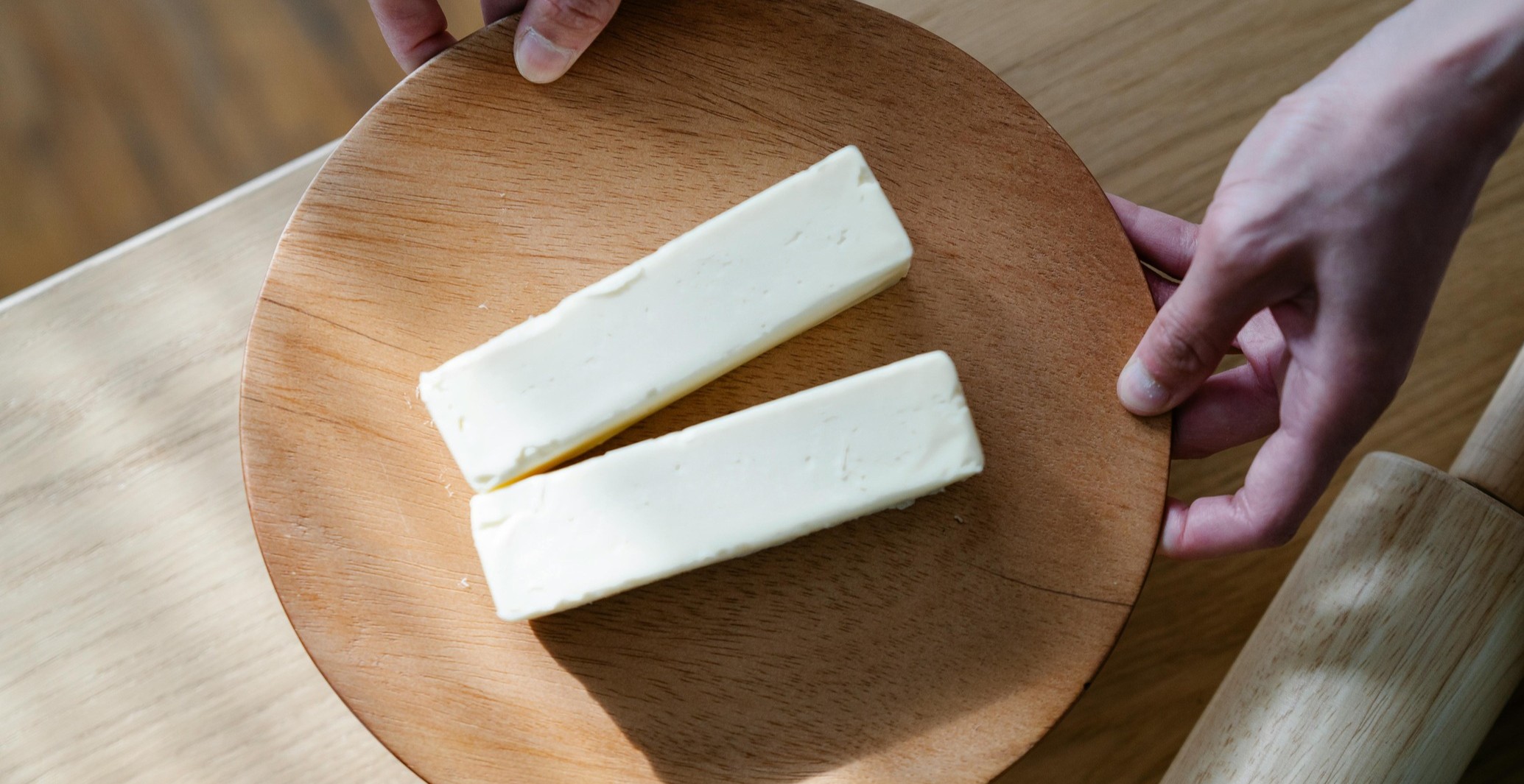
Horizontal Mixers vs. Spiral Mixers: Which One Suits You Best?
In the world of baking, using the right equipment for each stage of dough preparation can make all the difference. While spiral mixers are a popular choice for their speed and efficiency during initial mixing, the horizontal mixer takes dough processing a step further, particularly for professionals focused on temperature control, batch consistency, and large-scale production.
Energy Efficiency and Cost:
- Spiral Mixer: Known for being energy-efficient and cost-effective, spiral mixers are particularly suitable for bakeries focusing on smaller batches and initial mixing. They consume less power due to their efficient design, which speeds up the initial dough formation process.
- Horizontal Mixer: While horizontal mixers typically have higher energy consumption, they offer advanced features that make them valuable for large-scale production. The cost of a horizontal mixer may be higher initially due to its robust design and specialized features, but it adds value for operations focused on precision and consistency.
Temperature Control:
- Spiral Mixer: Spiral mixers are less suited to precision temperature control, as they generate more heat due to their faster mixing action, which can affect temperature-sensitive doughs.
- Horizontal Mixer: With a double-jacketed design, horizontal mixers provide precise temperature control throughout the mixing process. This feature is essential for methods like the sponge and dough technique, which demand a stable mixing environment. By maintaining a consistent temperature, horizontal mixers ensure uniform dough texture and quality, making them ideal for fine-tuned dough production.
Batch Consistency and Scalability:
- Spiral Mixer: Best for small to medium batches, spiral mixers excel in the initial dough mixing stage but may fall short when consistent results are needed across large batches.
- Horizontal Mixer: Designed for high-volume production, horizontal mixers can handle larger batches without compromising dough quality. This scalability is crucial for bakeries that aim to expand their production capacity without sacrificing consistency. Horizontal mixers offer a stable output, making them a preferred choice for commercial bakeries focused on maintaining uniform quality across high-demand production.
Summary:
While spiral mixers are more energy-efficient and lower-cost, horizontal mixers provide unmatched temperature control, consistency, and scalability, making them the ideal choice for bakeries prioritizing high standards in large-scale dough production. For bakeries aiming for peak quality and consistency in every batch, horizontal mixers bring an advanced solution that meets professional demands in dough processing.
If you're uncertain about which type of mixer best suits your bakery's needs and are considering options to elevate your business, Lian Huat is here to assist. Feel free to reach out to explore our selection of high-quality horizontal and spiral mixers, tailored to fit both your operational requirements and budget. Discover the ideal mixer for your bakery today.
Recent Posts
See All
Shortening vs. Margarine vs. Refined Oil: What Bakers Need to Know
Discover how shortening, margarine, and refined oil each impact bread texture, flavor, and dough performance. This guide helps bakers choose the right fat and understand ideal usage levels for smoother production and better-quality bread.
Read
The Rise of Automated Bakery Equipment: How Automation is Transforming the Industry
Explore how automated bakery equipment is revolutionizing baking, increasing efficiency, improving product quality, reducing costs, and enhancing food safety. Learn about the latest technologies and future trends in bakery automation.
Read
Unveiling the Truth About Bread Staling: From Science to Preservation Tips
Why does bread become stale and hard? This article explores the scientific causes of bread staling, including starch retrogradation, temperature control, and packaging importance. Learn how professional bakers preserve bread’s freshness and softness through proper storage and production techniques.
Read